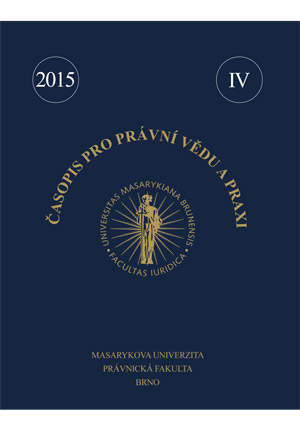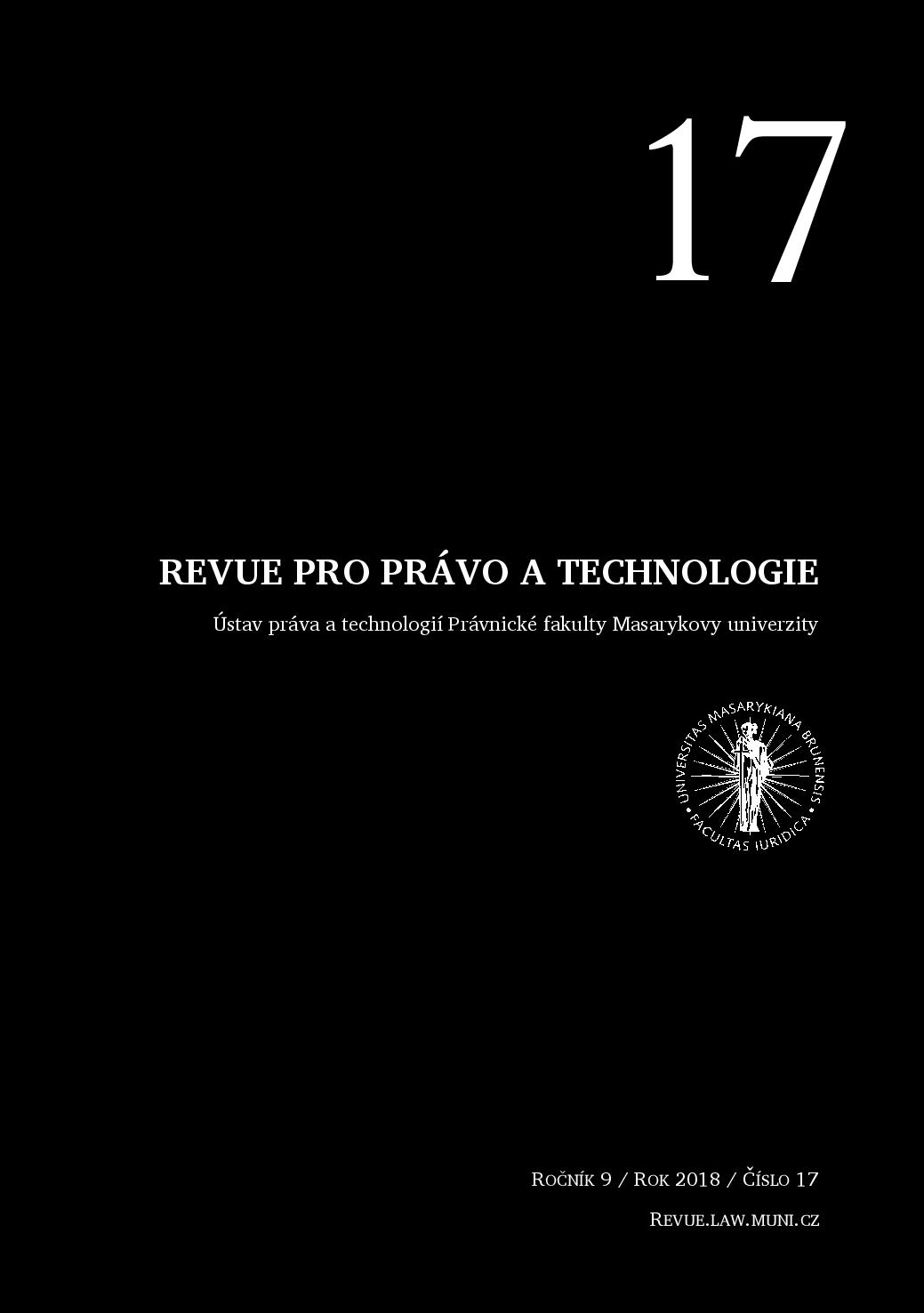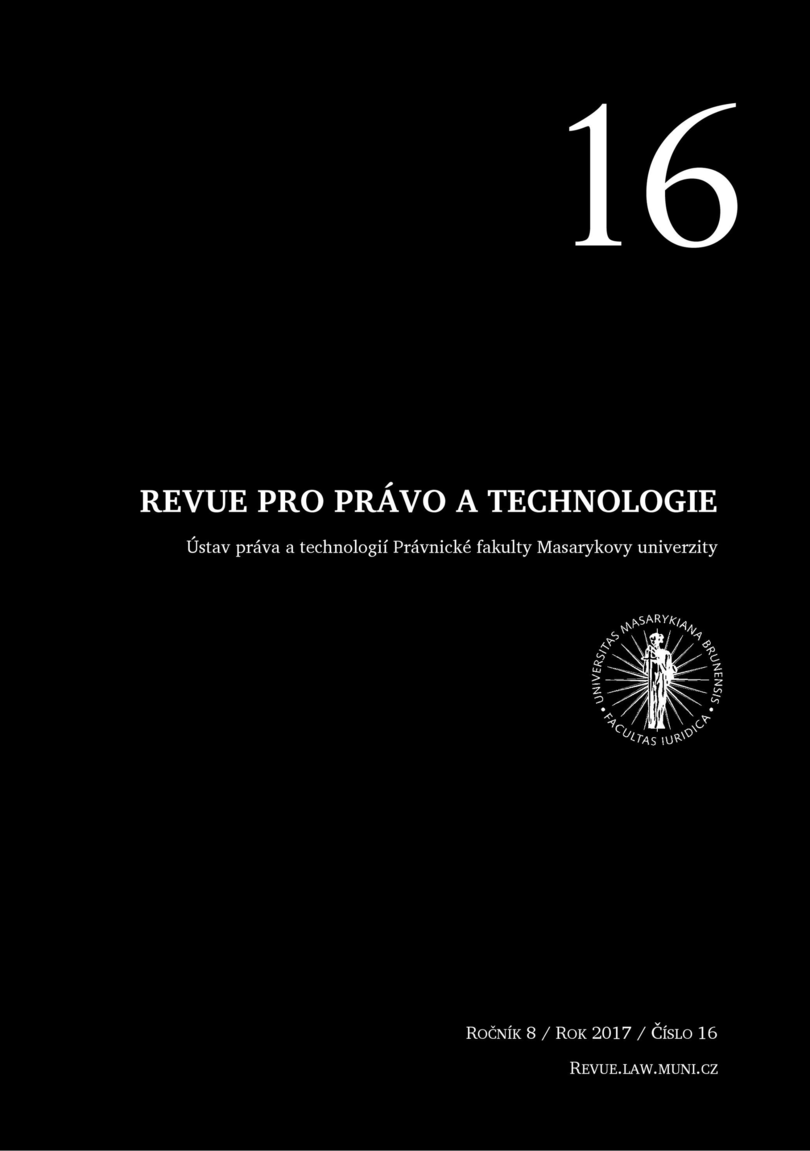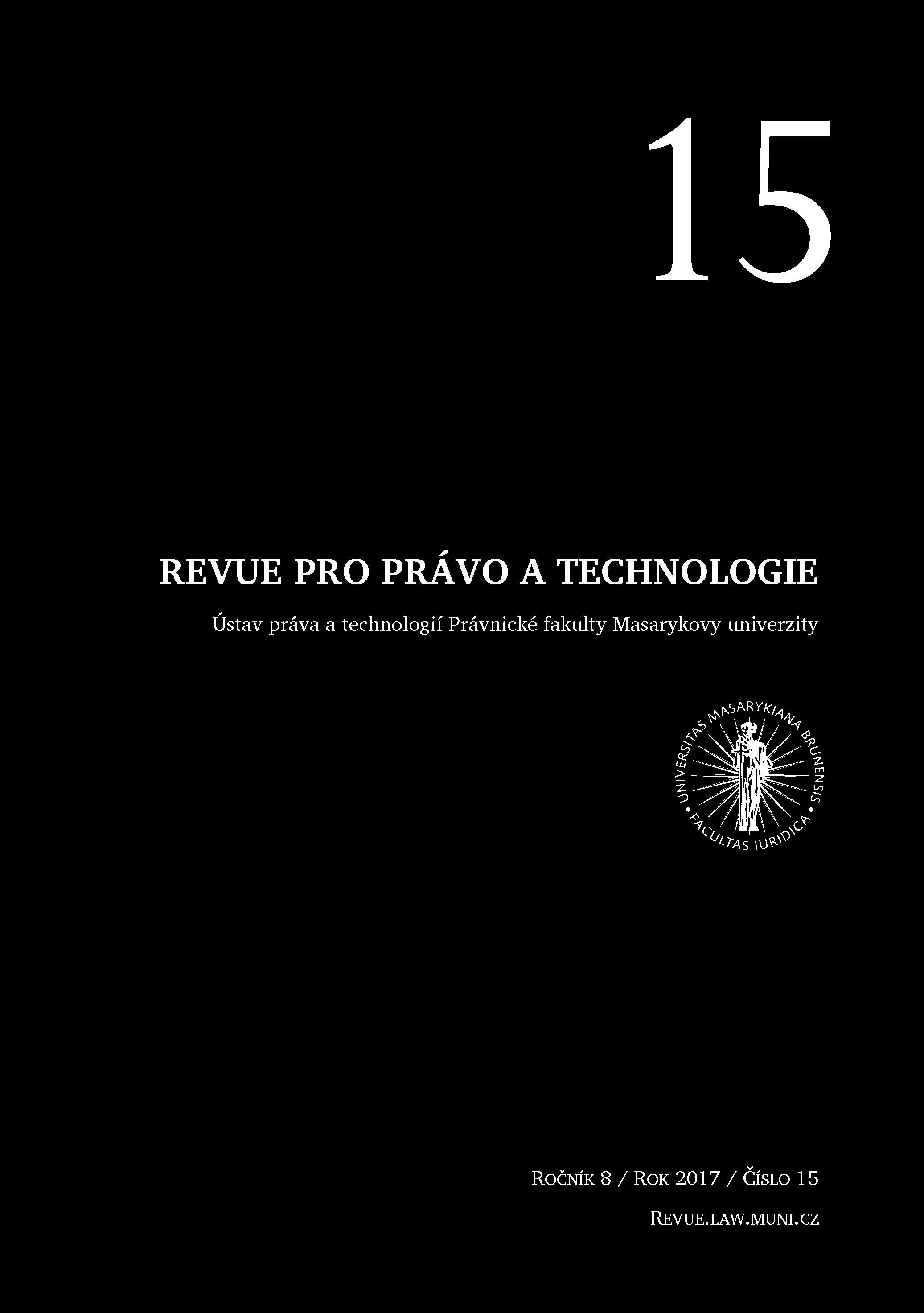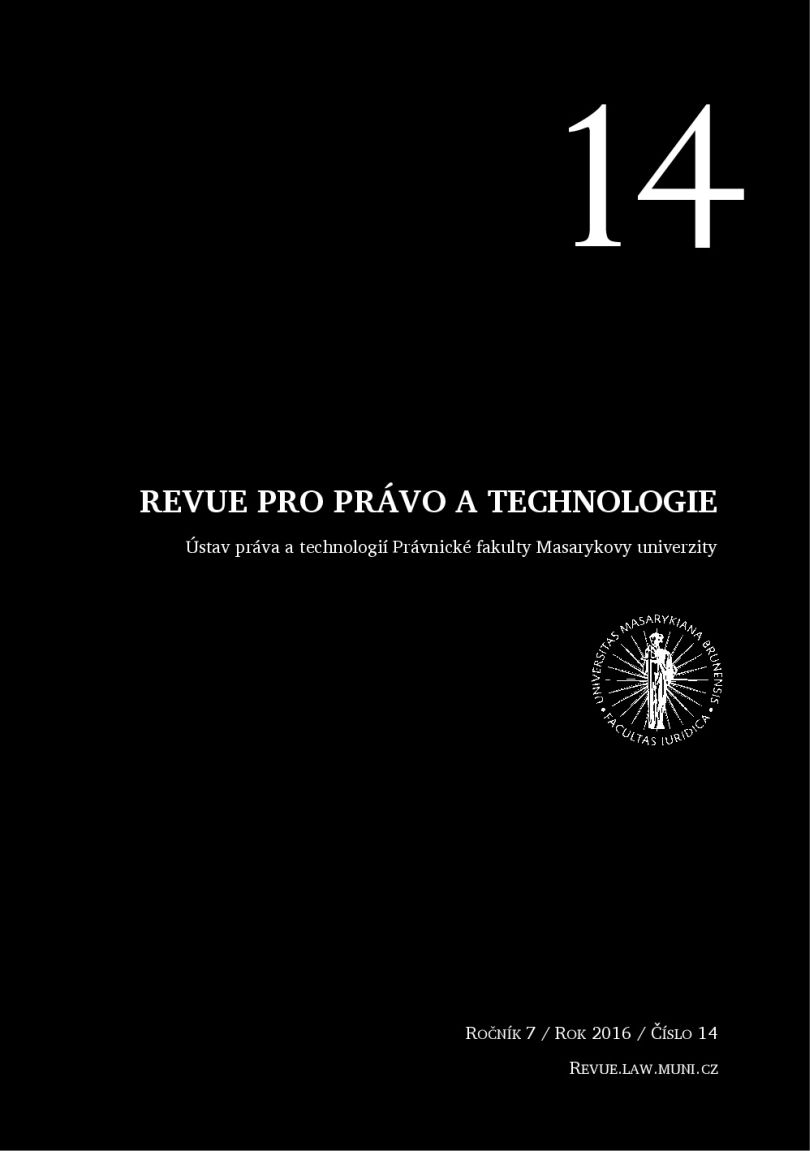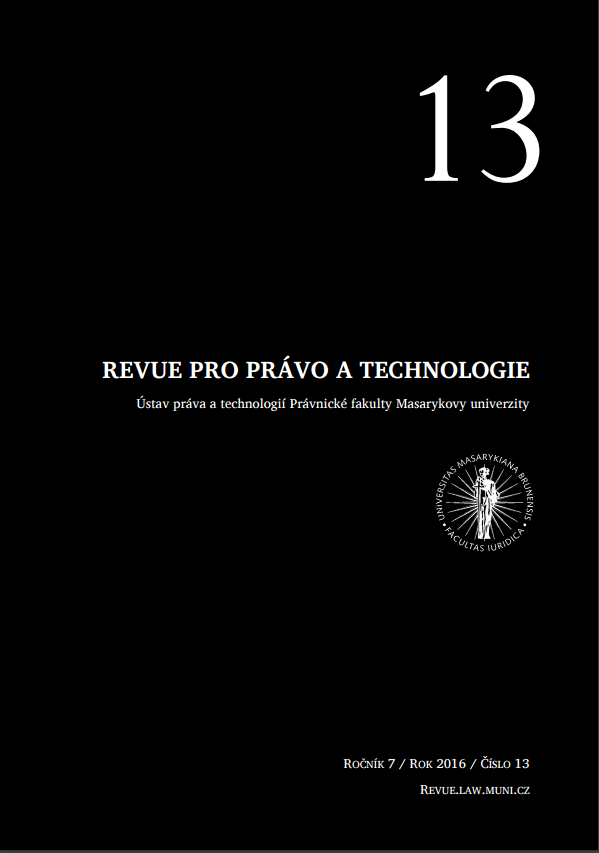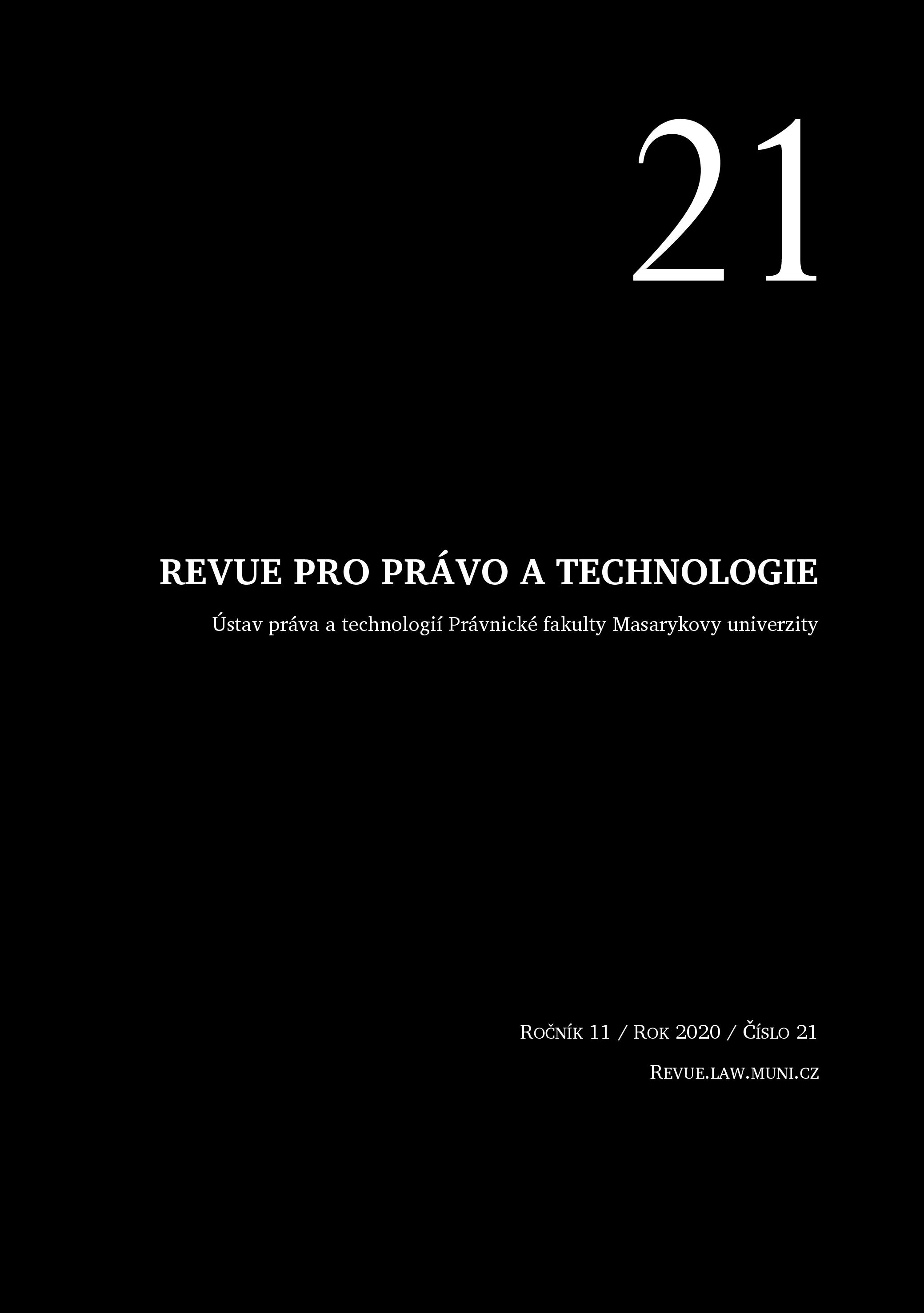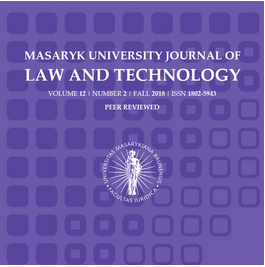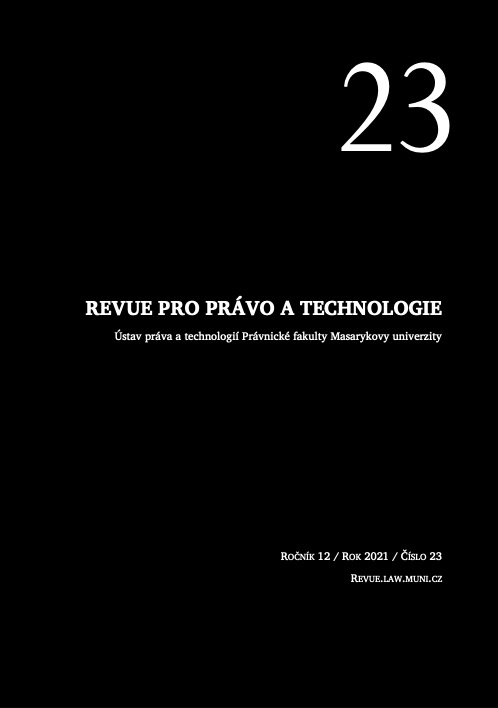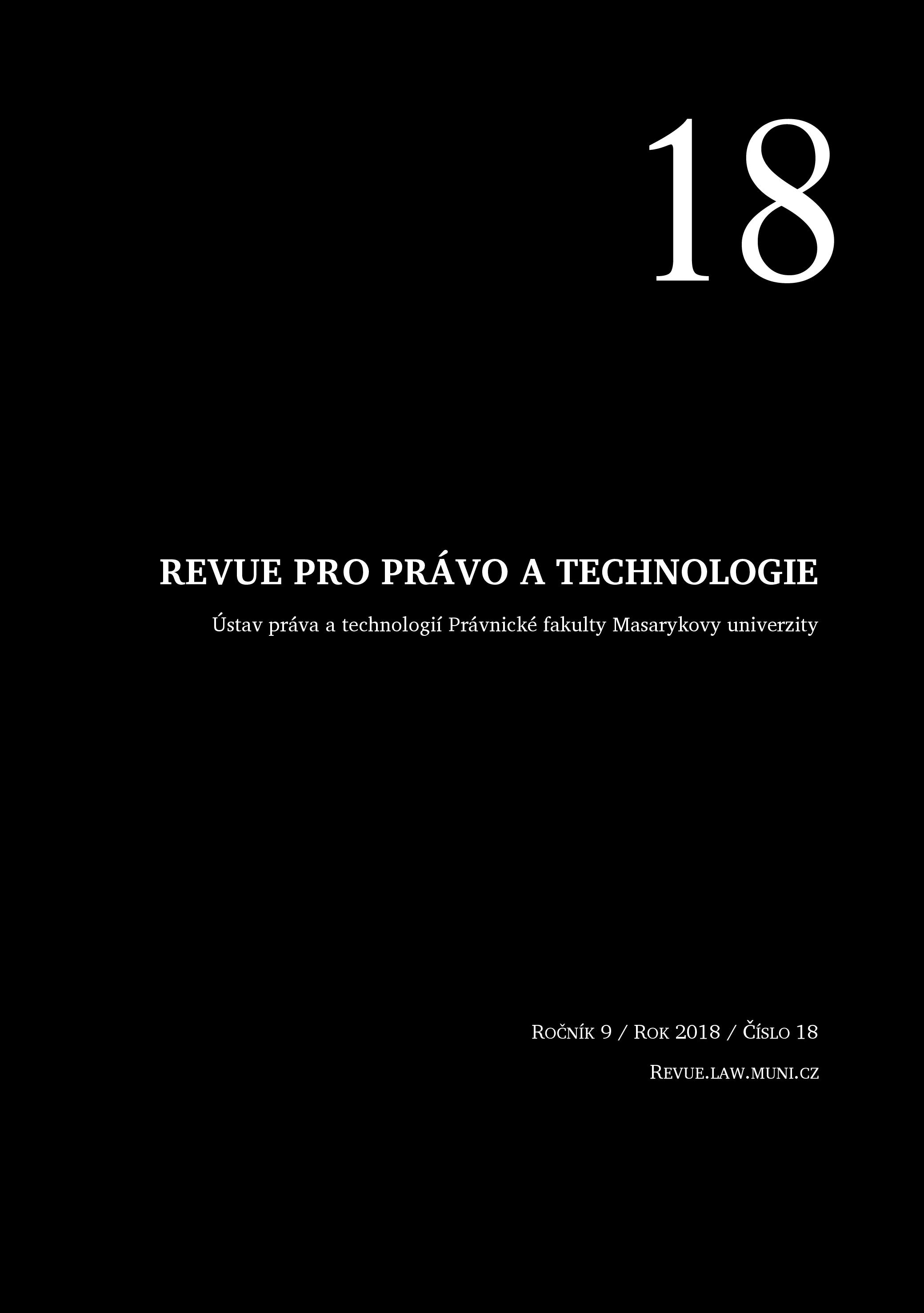
Techniky robotické propagandy na sociální síti Twitter
The article discusses techniques of robotic propaganda on the social network Twitter. The main aim is to formulate classification as a basis for further case studies and research. The categorization of techniques of robotic propaganda is based on real cases; primarily the operations during important political events such as elections or everyday political competition. The article also examines legal aspects of this technique and summarizes its shortcomings from the contemporary legal perspective.
More...
